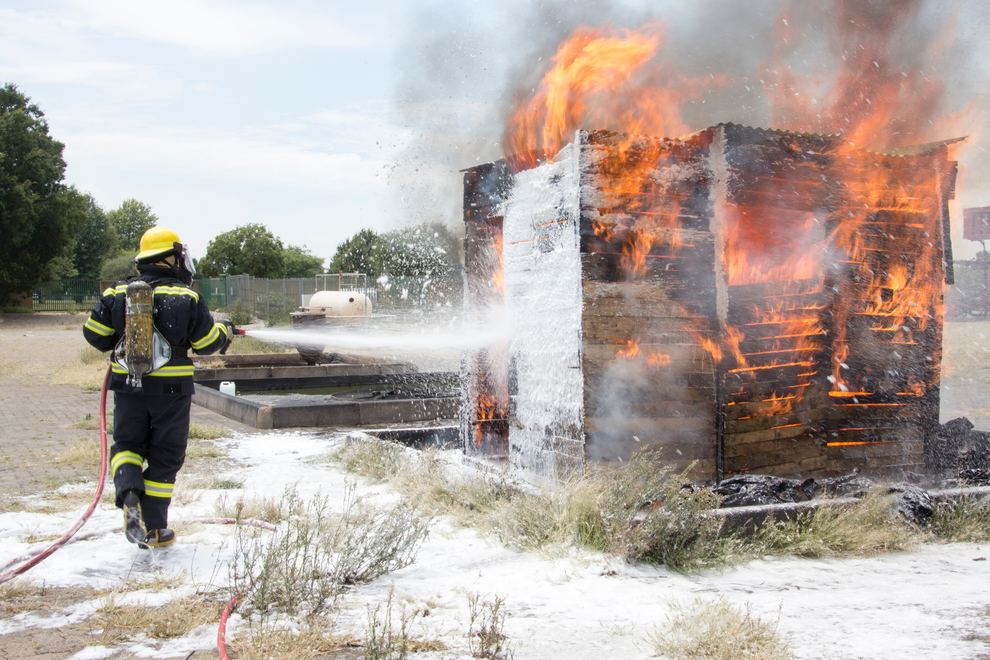Loved One With Diabetes Lands in ER With Severe Withdrawals

This post originally appeared on our Member Site blog, where experts respond to members’ questions and concerns. To sign up for our special offer and benefit from the Allies in Recovery eLearning program, click here.
Dominique Simon-Levine reassures this mother that the doctor was right
What a hard hard couple of days. Your son fell ill from diabetes and drug withdrawals. You called the ambulance and he went to the hospital. An amazing doctor explained to your son and the entire family assembled beside him that drug addiction was first and much more likely to kill him than the diabetes. So it was a hard day but also an exceptional day in your family’s life. A professional (always better than an amateur) explained the problem. Everyone heard the doctor.
This information can really help your family see the addiction as the first priority. And fortunately, there is CRAFT, a set of responses your family can take in unison to help your son with the addiction.
The diabetes is frightening, but the addiction is where to start
When a loved one has multiple conditions at once: mental illness, Asperger’s, or a medical condition AND addiction, the family can be pulled in several directions. This can easily muddy the waters when it comes to sending a clear message to the loved one about addiction. But in the end, the other conditions will not have much of a chance to improve without first healing the active addiction. You can’t even really know how bad the other conditions are when you pile an active addiction on top of it.
So yes, seize on the clarity that you all experienced when that doctor highlighted the addiction as the number one concern. Follow the Learning Modules, available on our member site, and ask others in your family to do the same. Make that list of treatment options. See Learning Module 8 to learn how and when to pull out the list and to give it your son.
That doctor gave you a gift. The diabetes has been confusing and frightening, but the addiction is where everyone should start.
So it was a hard day (week!) but a good one… Both your sons helped you with your kitty. Everyone got a jolt from this experience, and with it a clearer picture of what is going on in your family. You have all survived something traumatic. It is a blessing that things turned out the way they did.
Time for CRAFT
This is an opportune time to wipe the slate clean, so to speak, and dive into the modules – the practical, nitty-gritty day-to-day application of CRAFT. Make sure to pay special attention to Learning Module 8 for help with timing. You want to be ready with the list when the window for discussing treatment opens.
In the meantime, keep yourself anchored by using CRAFT. You have done so much hard work already in implementing this method. Keep it up. Use your journal to pour out whatever you need to get off your chest. This moment was terrifying but it crystalized things in a very real way. Give yourself some time to regain your own strength and well-being after that week. And keep using all of us for support. This is what we are here for.
image © Hush Naidoo via Unsplash
